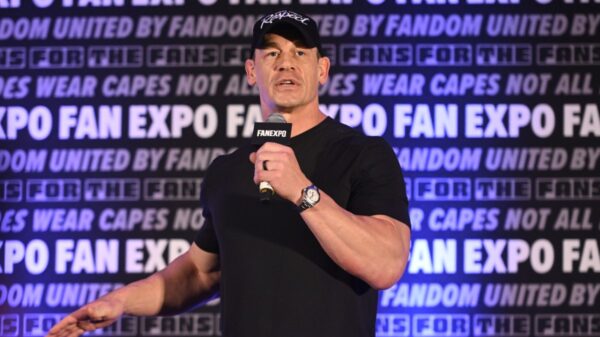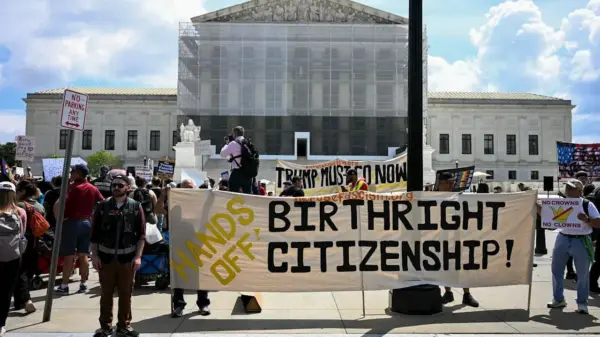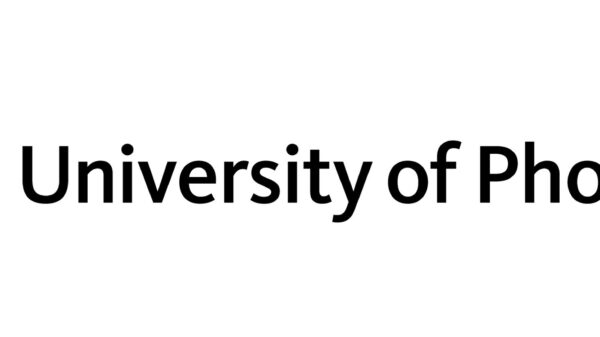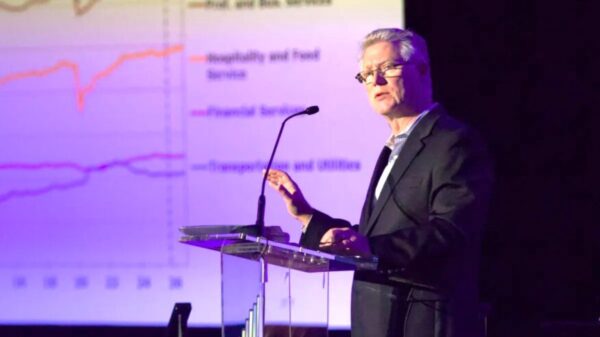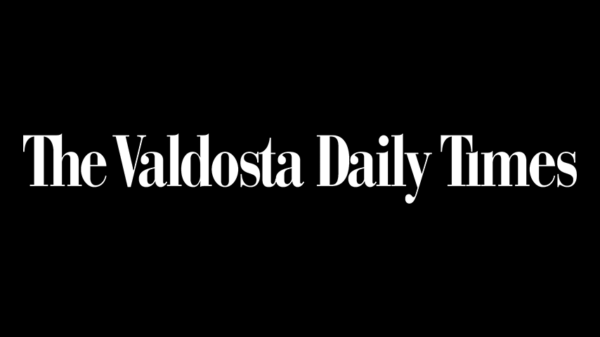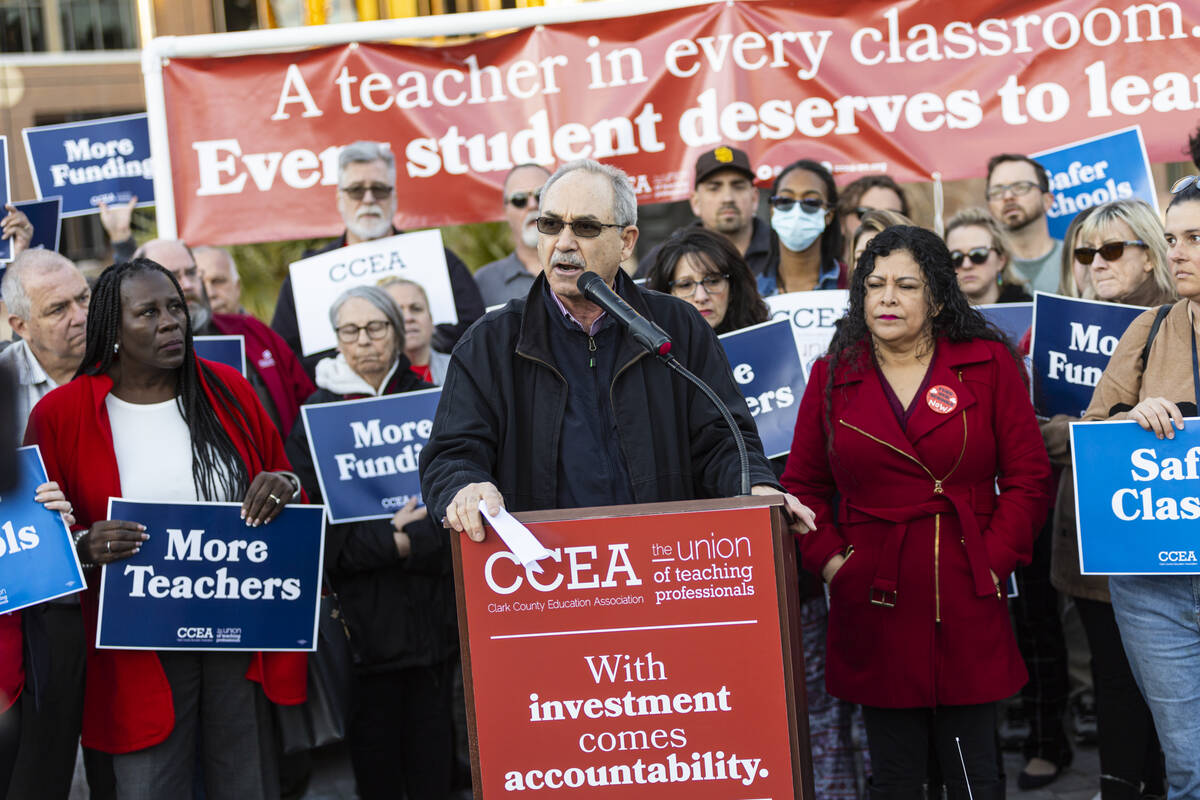Joe Lombardo, the Governor of Nevada, has recently altered his educational policy approach, opting to prioritize support from the Clark County Education Association (CCEA) over the school choice initiatives that characterized his successful campaign in 2022. On Monday, the CCEA endorsed Lombardo for a second term, commending him for endorsing $2.5 billion in new education funding and advocating for significant teacher pay increases. Lombardo expressed his appreciation, calling it an “honor” to receive support from “the largest and fastest growing teachers union in the country.”
This endorsement marks a notable departure from Lombardo’s previous stance, where he positioned himself as a proponent of school choice. During his 2022 campaign, he actively sought to engage parents and mobilize them against the education establishment, often appearing alongside prominent figures such as Virginia Governor Glenn Youngkin. His campaign website previously stated, “Our education system is failing our students and teachers, and systemic change is long overdue.” Additionally, Lombardo promised initiatives to empower families through school choice.
Despite winning the election with a strong focus on educational reform, Lombardo’s priorities seem to have shifted dramatically. He faced a challenging legislative landscape with Democrats controlling a heavily gerrymandered assembly. Before the 2023 session commenced, he proposed education funding that aligned with the CCEA’s demands, foregoing any concessions for the school choice advocates who supported him during his campaign. Some critics argue that this decision undermines the coalition he could have built with parents and advocates for educational reform.
Lombardo’s lack of action concerning school choice has led to concerns among his original supporters. During the 2025 legislative session, he made little progress on expanding school choice options. Instead, he claimed a victory by facilitating a rebranding of the Clark County School District’s existing “Change of School Assignment” process to “Open Enrollment.” While the name change was heralded as a significant achievement, critics point out that it does not bring any substantive changes to the system.
Moreover, Lombardo signed legislation permitting teachers to strike at individual schools, a significant shift from previous restrictions on sickouts. This new law could enhance the CCEA’s negotiating power, raising concerns about potential financial implications for taxpayers without necessarily improving educational outcomes. Some argue that simply increasing funding without addressing systemic issues will not yield meaningful improvements in education quality.
As Lombardo navigates the political landscape, he faces high expectations. Historically, previous Nevada Republican governors who secured second terms have successfully advocated for record tax hikes. Although Lombardo has vowed not to increase taxes, skepticism remains among parents who feel misled by past promises.
The evolving situation in Nevada reflects broader debates over educational funding and reform, raising questions about the balance between union support and the pursuit of school choice. As Lombardo prepares for a potential second term, the decisions he makes in the coming years will undoubtedly shape the educational landscape for Nevada families.



